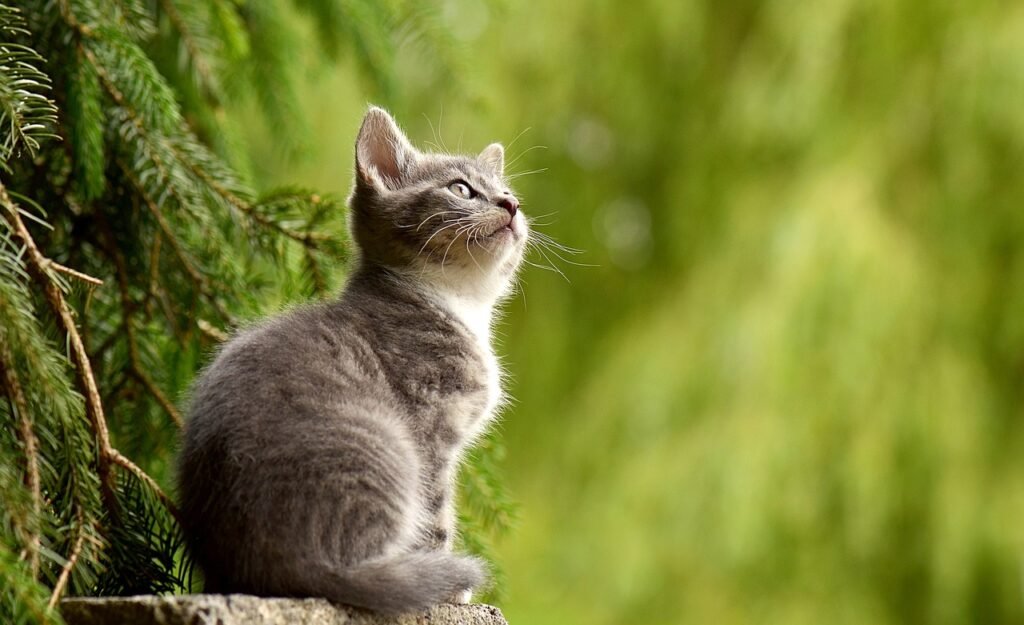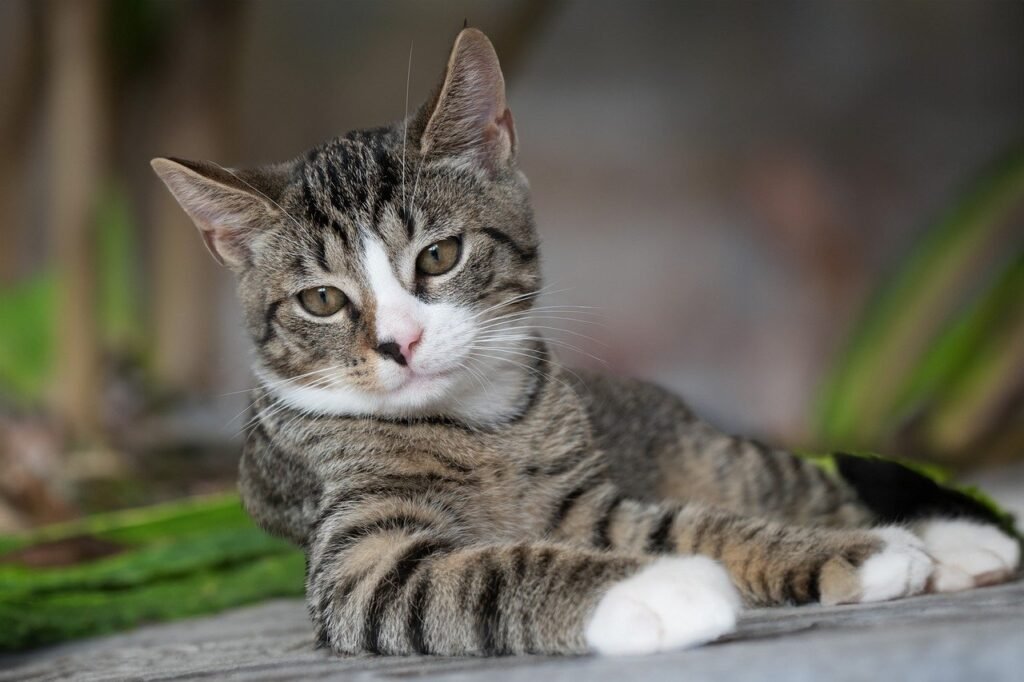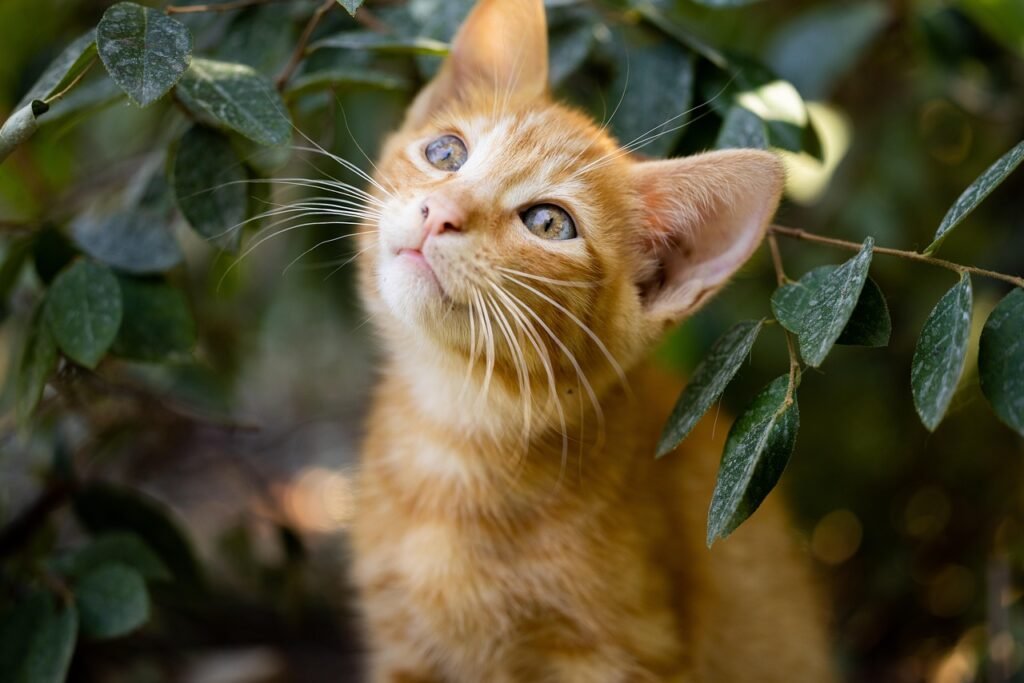Cats have long been enigmatic companions to humans, often portrayed as independent and aloof. However, recent scientific insights suggest that cats are more communicative and responsive to human interactions than previously thought. A particularly intriguing aspect is their ability to recognize their own names and respond to human voices. This article explores how cats interpret human vocalizations and what research says about their name recognition abilities.
The Evolution of the Human-Cat Bond

Understanding how cats recognize their names and react to voices requires a look into their evolutionary history. Cats were domesticated around 9,000 years ago and have since adapted to human environments. Throughout this time, they developed keen senses and communication skills, enabling them to respond to the humans who fed and sheltered them. This historical bond has laid the groundwork for their current capabilities in communication.
How Cats Perceive Sound

Cats possess an acute sense of hearing, which allows them to detect a broader range of frequencies than humans. Their ears can rotate independently to capture sounds from various directions, enhancing their ability to pinpoint and interpret specific noises. This advanced auditory capability is crucial for understanding how cats can discern their names amidst a sea of sounds.
Name Recognition in Cats

Studies have shown that cats are capable of distinguishing their own names from other words. Researchers believe this is because cats associate their names with specific experiences, often involving rewards or attention. When their name is called, it acts as a cue that something noteworthy — such as feeding or playtime — is imminent, prompting a response.
The Role of Vocal Tone

Tone of voice plays a significant role in how cats respond to being called. Cats are adept at picking up on emotional cues in human voices. A friendly, calm tone is more likely to elicit a positive response compared to a harsh or anxious voice. This suggests that cats not only recognize words but are also emotionally attuned to vocal expressions.
Cats and Human Language Processing

While cats do not understand human language in the way we do, they can pick up on certain patterns and intonations that convey meaning. They essentially learn to associate specific sounds with specific outcomes. This associative learning is fundamental to their ability to recognize their names and follow simple vocal commands.
Comparisons with Other Animals

Compared to dogs, cats are often perceived as less responsive to human commands, partly due to their independent nature. However, when it comes to name recognition, cats show a surprising level of comprehension similar to that of dogs. This challenges the stereotype and highlights the complexity of feline cognition and behavior.
Training Cats to Respond to Names

Training a cat to recognize and respond to its name involves consistency and positive reinforcement. Using treats or affection when the cat responds appropriately can reinforce the desired behavior. Over time, consistent practice leads to stronger name recognition and more prompt responses.
The Impact of Environment and Routine

A cat’s environment and daily routine can significantly influence its responsiveness to name-calling. Cats thrive on routine and familiarity, which contributes to a sense of security. In such an environment, they are more likely to respond to vocal cues, including their names, as part of their regular interactions.
Conclusion

The ability of cats to recognize their names and respond to human voices reflects their sophisticated auditory and cognitive skills. Through a combination of evolutionary traits and reward-based learning, cats have developed the capability to understand and react to specific sounds. As our understanding of feline communication grows, so too does our appreciation for these complex and intelligent animals.






Yes, I understand you. In it something is also to me it seems it is excellent thought. I agree with you.